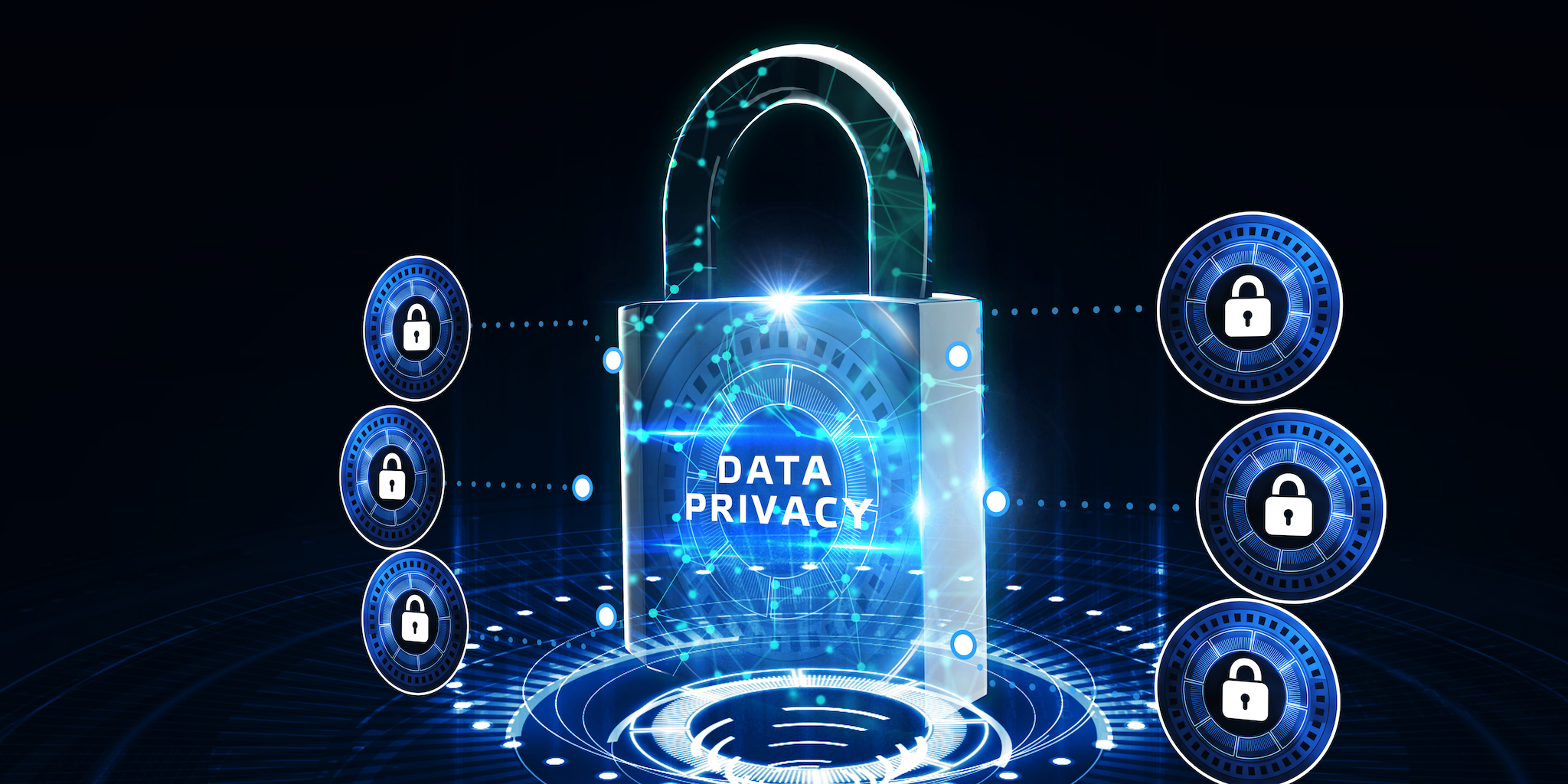
Sensitive and personally identifiable data elements contained in images and PDFs can be automatically redacted to safeguard against unauthorized views.TORONTO, October 12, 2023 -Private AI, a leading provider of data privacy software solutions backed by Microsoft’s venture fund, has announced a strategic partnership with Spirion, a pioneer in sensitive data governance, to integrate their best-in-class redaction capabilities into the Spirion Sensitive Data Platform® (SDP).Spirion enables organizations to gain visibility into their sensitive data footprint and reduce risk exposure. Spirion SDP discovers and classifies sensitive data with unmatched accuracy wherever it resides in the IT environment. With Spirion Playbooks®, security teams can then create workflows to automate controls, including redaction, based on the sensitivity of the data and other contexts.Private AI provides state-of-the-art de-identification technology for 50+ types of personal information within text, audio, images, and documents, allowing companies to securely unlock the value of their data.The integration of Spirion’s data discovery tool with Private AI’s redaction software will offer organizations a powerful and comprehensive solution for managing sensitive information contained in images, videos, PDFs, and more by obfuscating sensitive and personally identifiable (PII) data elements, for instance, a driver’s license number contained in an image. By redacting sensitive information before it is accessed or used, organizations can limit the identifying information and other sensitive data that’s shared, mitigating the risk of leaks and data breaches.“Our companies have a mutual commitment to protect data privacy and enable data protection regulatory compliance,” said Patricia Thaine, Co-Founder and CEO of Private AI. “We are excited to work with Spirion to help organizations unlock the value of their data while ensuring that sensitive information is safeguarded and handled with the utmost care.”“We’re delighted to bring Private AI’s redaction solutions to Spirion’s customers,” said Spirion's Director of Product Management, Ryan Tully. “Large companies tend to have millions of PDFs and OCR images in their IT and email environments. Spiron can uniquely find sensitive stored in these formats, and with this partnership, Spirion customers can now automatically redact sensitive data so that it is obscured and protected from viewing.About Private AIFounded in 2019 by privacy and machine learning experts from the University of Toronto, Private AI’s mission is to create a privacy layer for software and enhance compliance with current regulations such as the GDPR. Identifying, reducing and removing privacy risks using AI, Private AI allows companies to unlock the value of the data they collect – whether it’s structured or unstructured data. Private AI is backed by M12, Microsoft’s venture fund, and BDC, and has been named a World Economic Forum 2023 Technology Pioneer, GartnerⓇ Cool Vendor™ in Privacy, as well as one of the 2022 CB Insights AI 100, CIX Top 20, Regtech100, and more. Learn more at: https://www.private-ai.com/About SpirionSpirion has relentlessly solved real data protection problems since 2006 with accurate, contextual discovery of structured and unstructured data; purposeful classification; automated real-time risk remediation; and powerful analytics and dashboards to give organizations greater visibility into their most at-risk data and assets. Spirion’s Privacy-Grade™ data protection software enables organizations to reduce risk exposure, gain visibility into their data footprint, and improve business efficiencies and decision-making while facilitating compliance with data protection laws and regulations.




































































































